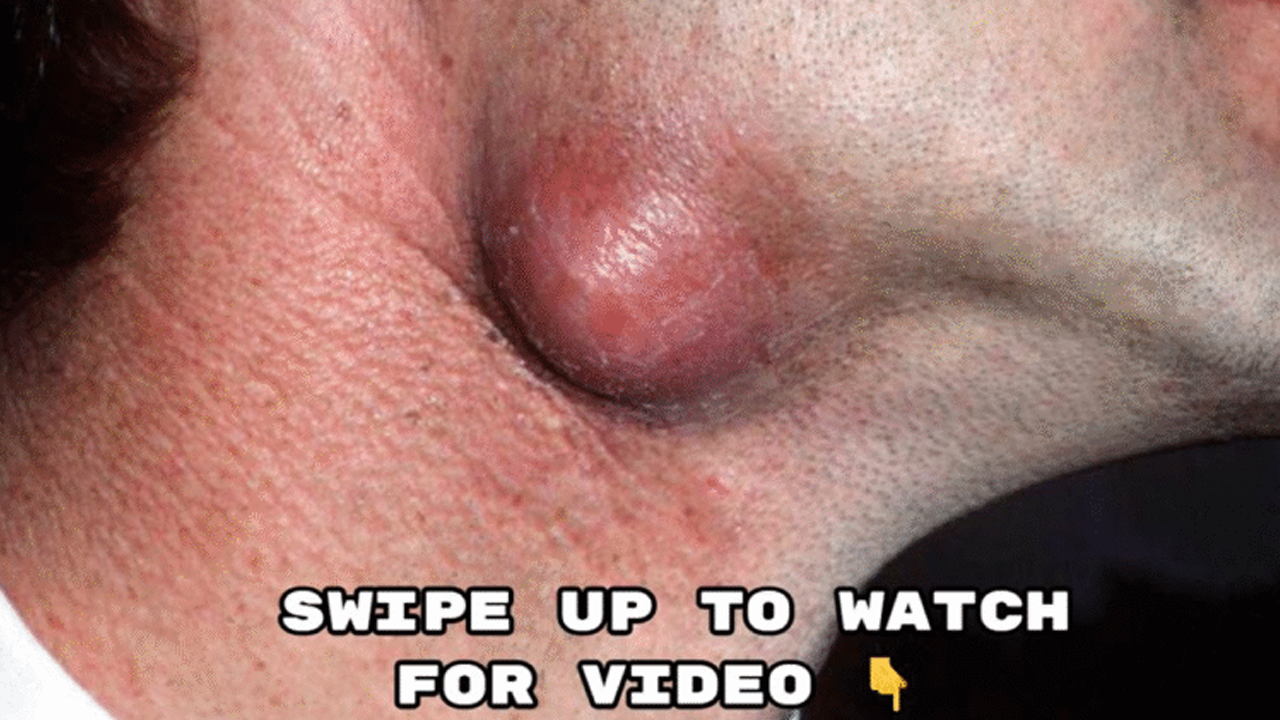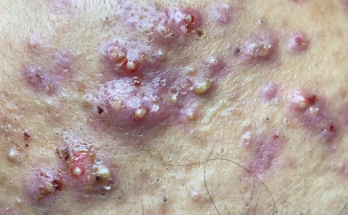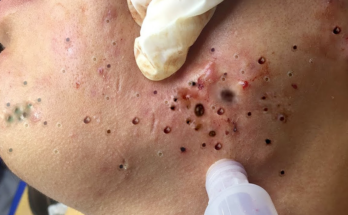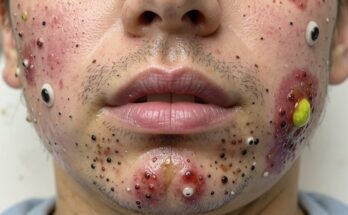Conquer Blackheads Safely: A Comprehensive Guide to At-Home and Professional Treatments
Blackheads, those pesky dark blemishes, are a common skin concern. They occur when pores become clogged with a mix of sebum (oil) and dead skin cells, oxidizing and turning dark. While the temptation to squeeze them is strong, improper extraction can lead to irritation, inflammation, and even scarring. Let’s explore safe and effective ways to tackle this common skin problem.
Safe Blackhead Extraction: A Step-by-Step Guide
Attempting to extract blackheads at home requires caution and the right technique. Improper extraction can easily damage your skin, leading to inflammation and potential scarring. Follow these steps for a safer approach:
Prepare Your Skin for Extraction
Begin by thoroughly cleansing your face with a gentle cleanser designed for your skin type. This removes excess dirt and oil, preparing the skin for extraction. Next, apply a warm compress or gently steam your face for 5-10 minutes. This softens the skin and opens pores, making blackhead removal easier and less damaging.
The Art of Sterile Extraction
Use only a sterilized comedone extractor – a stainless steel tool with a small, rounded loop. Always disinfect it with rubbing alcohol before and after each use. Gently press around the blackhead, applying minimal pressure to encourage the sebum to release. Avoid digging or harshly pressing, as this can cause damage. If the blackhead doesn’t easily release, stop and try again another time. Forcing it can cause irritation and scarring.
Post-Extraction Care: Soothing and Protecting
After extraction, apply a calming toner, such as witch hazel, to help close the pores and minimize irritation. Resist the urge to touch your face to prevent introducing bacteria. Keep the area clean and dry.
When to Seek Professional Help
Persistent or deeply embedded blackheads might require professional intervention. Dermatologists can perform safe and effective extractions or suggest treatments like HydraFacials, which offer a more comprehensive approach to pore cleansing.
Addressing Cystic Acne: A Different Approach
Unlike blackheads, cystic acne involves deep, painful, inflamed lesions under the skin’s surface. Attempting to extract these cysts at home is extremely risky and can lead to significant inflammation, infection, and permanent scarring.
Effective Cystic Acne Treatments
Treating cystic acne requires a more targeted approach. Several options exist, both topical and oral, and often a combination is most effective:
Topical Treatments for Cystic Acne
- Retinoids: These vitamin A derivatives, such as adapalene (Differin), unclog pores and reduce inflammation.
- Benzoyl Peroxide: This powerful antibacterial agent targets acne-causing bacteria.
- Salicylic Acid: This beta-hydroxy acid exfoliates the skin, preventing pore blockages.
Oral Medications for Cystic Acne
- Antibiotics: These help reduce bacteria and inflammation associated with cystic acne.
- Isotretinoin (Accutane): Prescribed for severe cases, this medication significantly reduces oil production and prevents clogged pores. It’s important to note that Accutane requires strict medical supervision.
Professional Treatments for Cystic Acne
- Corticosteroid Injections: These quickly reduce inflammation in large cysts.
- Incision and Drainage: A dermatologist can safely drain large, infected cysts under sterile conditions.
A dermatologist can accurately diagnose your acne type and develop a personalized treatment plan that addresses your specific needs.
Proactive Skincare for Acne Prevention
Preventing acne is crucial. Implementing a consistent skincare routine can significantly reduce breakouts:
Key Skincare Habits for Clear Skin
- Gentle Cleansing: Cleanse your face twice daily with a mild, non-comedogenic cleanser to remove excess oil and dirt.
- Moisturization: Even oily skin needs hydration. Choose a non-comedogenic moisturizer to avoid further pore clogging.
- Regular Exfoliation: Use products containing salicylic acid or gentle chemical exfoliants to prevent pore blockages.
- Avoid Touching Your Face: This prevents the transfer of bacteria and oil.
- Sunscreen Protection: Daily sunscreen use is crucial to protect against UV damage and prevent post-acne hyperpigmentation.
Remember, consistent and diligent skincare is key to achieving and maintaining healthy, clear skin. If you have persistent or severe acne, consult a dermatologist for personalized advice and treatment.








